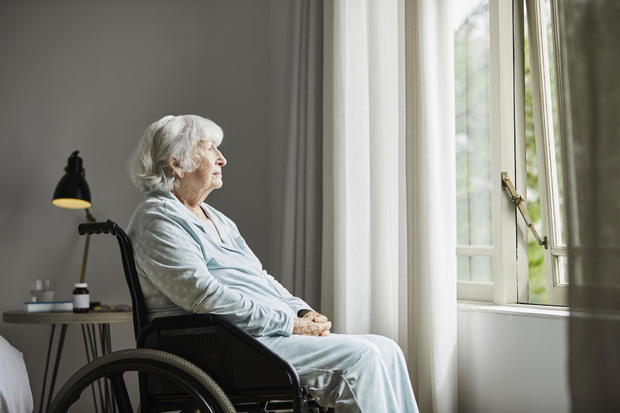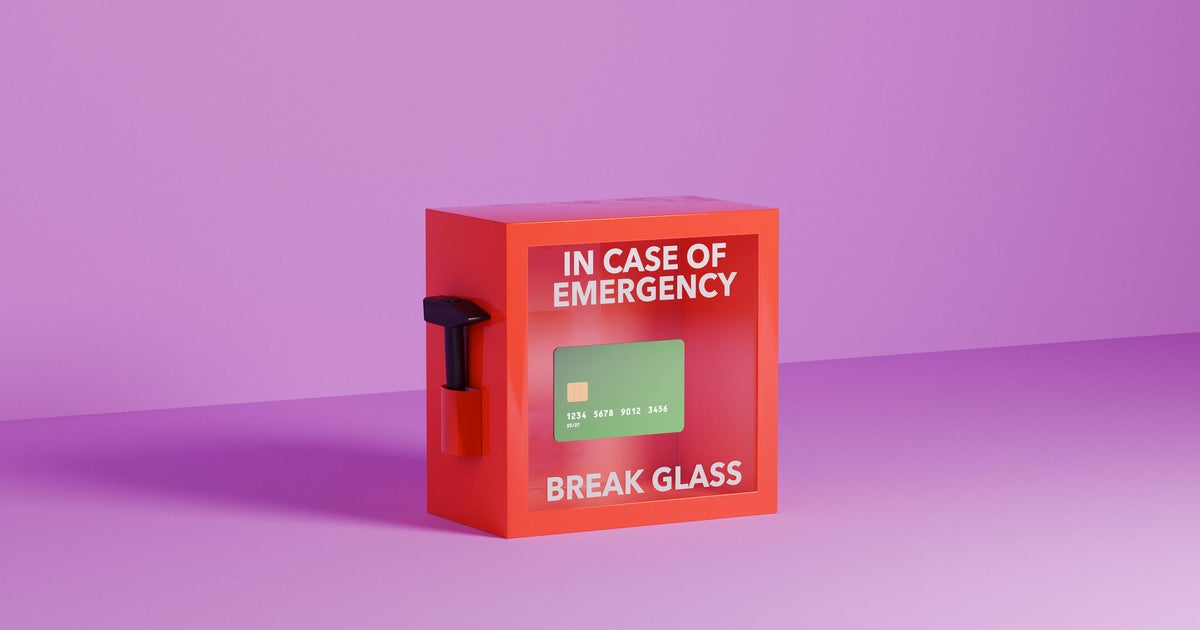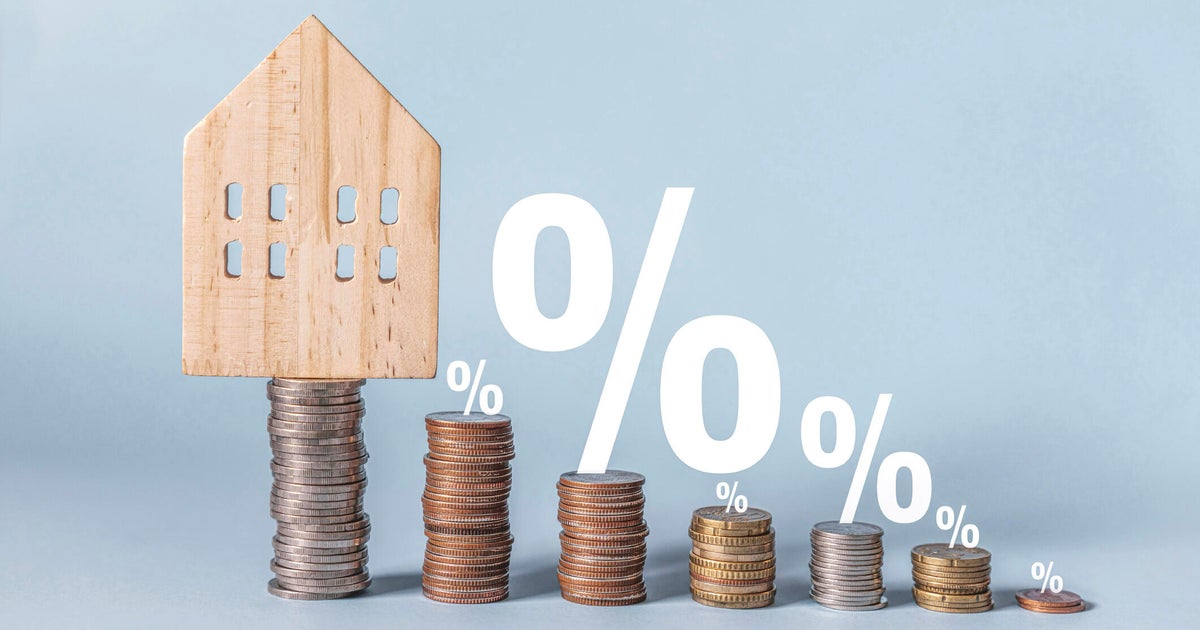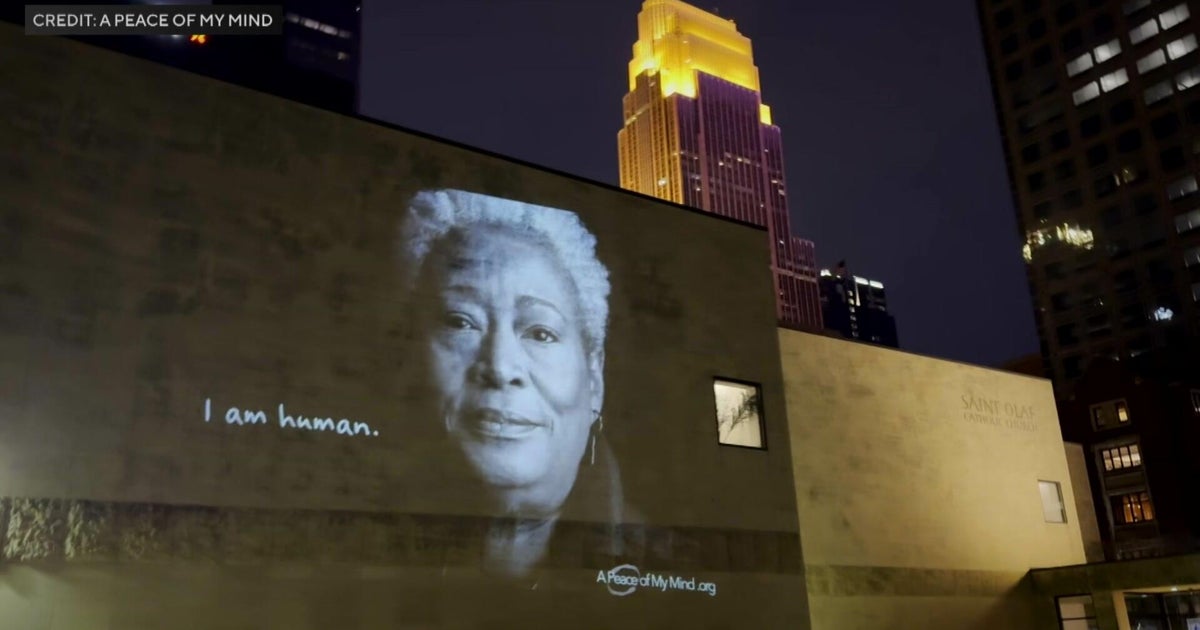How much do medical alert systems cost?
For older Americans, navigating the personal finance landscape can be anxiety-inducing. Not only do many lack a source of steady income, but aging comes with an increase in medical expenses - many of which are unexpected and costly.
One way to find some peace of mind is by purchasing a medical alert system, which can help prevent medical incidents from turning into life-threatening issues.
If you think you or a loved one could benefit from having a medical alert system in place then you can speak to a provider to get a free quote. It's easy to get started.
Here's what you should know about how medical alert systems work, what they cost and how you can pay for one.
What is a medical alert system?
A medical alert system is a device that will help someone reach 911 or a loved one in case of emergencies. There are two main types of medical alert systems: home-based and on-the-go. Some require an internet or Bluetooth connection in order to work, while others are more analog.
You can find systems with voice activation software or a simple button you can push in case you need help. Seniors can purchase wall-mounted systems or wear necklaces or watches. Many systems have GPS functionality so emergency services can locate you, even if you can't verbally communicate.
Some smartwatches also have features that can help elderly consumers. For example, there are Apple Watches with a fall detection program. If you fall down, the watch will ask if you're OK. If you don't respond within a minute, the watch will call 911. It can also reach out to your emergency contacts.
If you have a home video security system, you may be able to use it to connect to emergency services. This may not be better than a watch or necklace with fall detection functionality, but it's a useful feature.
If this sounds like something you could benefit from, take the first step and get a free quote right now.
How much medical alert systems cost
The cost of a medical alert system depends on the type of system you buy and the functionality you're looking for. According to the National Council on Aging, most medical alert systems cost between $20 and $30 a month for monitoring. Most also charge an extra fee for fall detection services (around $5 or $10 a month).
Many systems require a cell phone or internet connection to work. If you're a senior on a budget, you can opt for systems without a monthly fee. These may have a slightly higher set-up cost but will cost you less in the long run.
How to pay for a medical alert system
Unfortunately, many seniors have to pay for medical alert systems out of pocket. Regular Medicare does not cover medical alert systems, but Medicare Advantage will pay for it if the system is medically necessary (Medicare Advantage is optional for seniors). Seniors who have Medigap instead of Medicare Advantage may not have coverage for medical alert systems.
Consumers on Medicaid can have their medical alert system covered. If you're not on Medicaid, your local doctor's office or hospital may be able to provide a free or discounted option. Seniors who use the VA may also be able to get a free medical alert system through their local VA hospital.
Medical alert companies will sometimes provide discounts if you contact them directly. For example, they may offer special coupon codes for low-income seniors.
If you have money in a Health Savings Account (HSA), you can use those funds to purchase a medical alert system. Seniors who are still working may have access to a Flexible Spending Account (FSA) and can use that money to buy a medical alert system.
Have more questions about medical alert systems? It's free to speak to a representative who can help steer you in the right direction.




